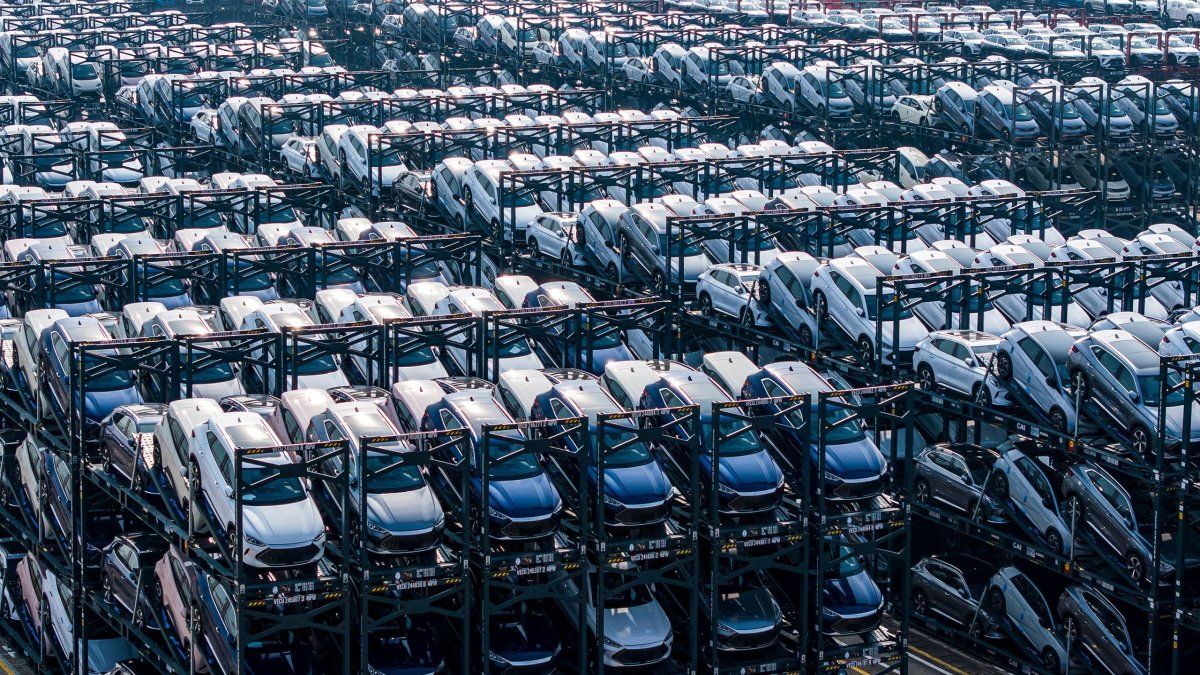It is a prominent project of the traffic light coalition – and at the same time a controversial hot topic: After long discussions, the desired change of course in cannabis politics should now get going.
Technical preparations are to begin for the planned controlled release of cannabis in Germany. The Federal Drug Commissioner Burkhard Blienert said that he would start “a thorough consultation process” together with the Ministry of Health and other departments.
“It’s about pooling knowledge and experience, but also about addressing objections and reservations very openly,” said the SPD politician to the German Press Agency. The federal states, municipalities, associations, science and civil society should also be involved in the further preparations.
Clarify the most relevant questions by autumn
“Hardly any other drug policy issue has occupied people as much as cannabis for decades,” said Blienert. “We all know how complex this project is.” The most relevant questions on health protection, cultivation, supply chains and taxation should therefore be discussed with leading experts by autumn. “In this way we support the legislative process professionally and politically with a good foundation.”
Federal Minister of Health Karl Lauterbach (SPD) announced the start of technical talks about the summer on Wednesday. A bill is expected to follow in the second half of the year. SPD, Greens and FDP have agreed in the coalition agreement to introduce a “controlled sale of cannabis to adults for recreational purposes in licensed shops”. Lauterbach made it clear that he had revised his originally negative position on the matter. For example, contaminated cannabis administration posed a greater risk than controlled dispensing for controlled consumption.
Also include international experiences
Blienert said it was important to him to focus on the areas of youth and health protection during the consultations. “Because in the end, of course, not more, but fewer young people should consume cannabis in Germany.” International experiences, for example from Canada, should also be looked at closely. Cannabis was legalized there in 2018 with the politically declared goal of controlling and regulating the previously illegal business.
Blienert said he was confident the deliberative process would lay a good foundation for the law that so many had been waiting for, including him. “With the coalition agreement, we have agreed on a paradigm shift in drug and addiction policy: less repression, more protection and help.”
Source: Stern
David William is a talented author who has made a name for himself in the world of writing. He is a professional author who writes on a wide range of topics, from general interest to opinion news. David is currently working as a writer at 24 hours worlds where he brings his unique perspective and in-depth research to his articles, making them both informative and engaging.




